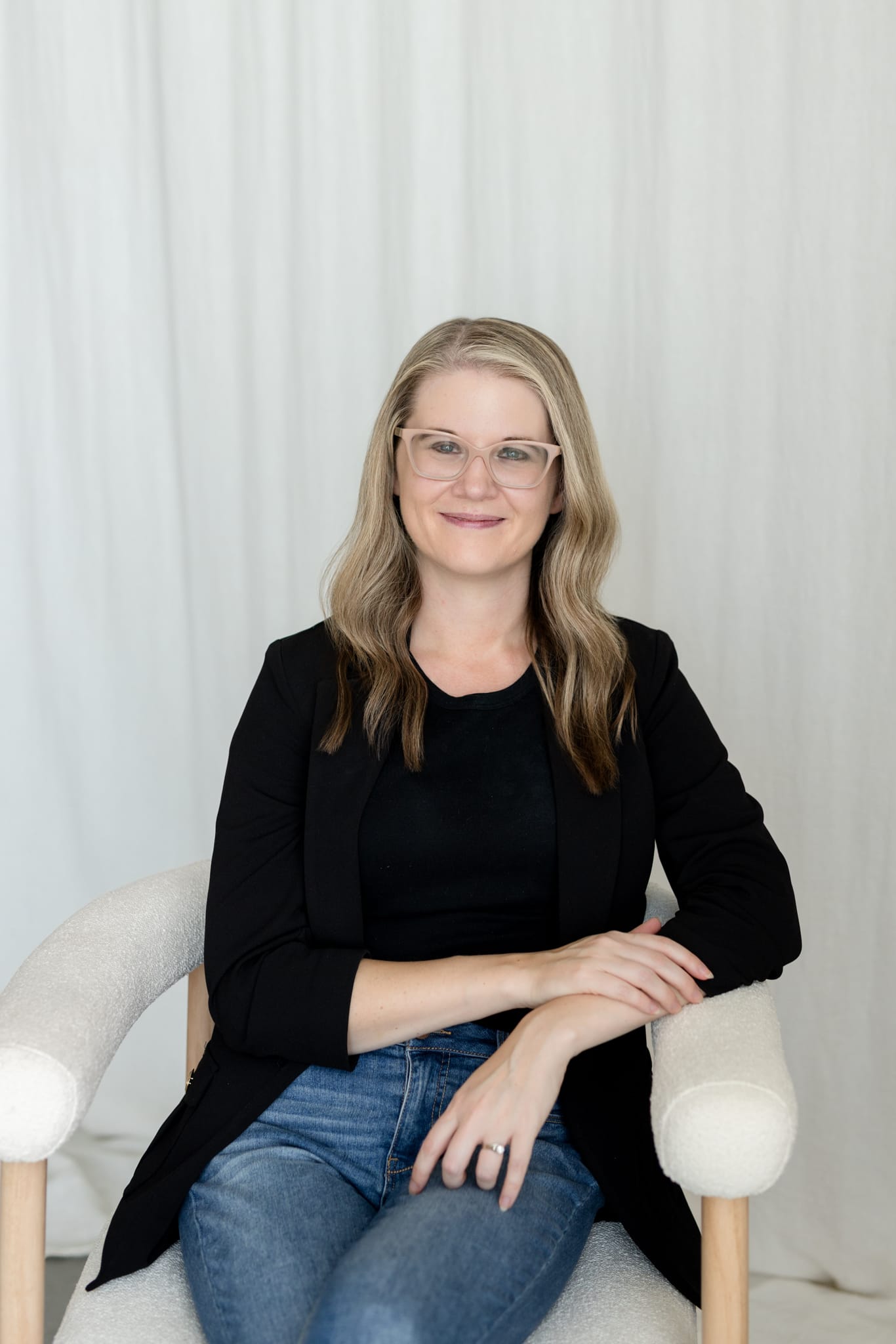Technology is everywhere—games, apps, videos, and endless social media feeds. For most teens, it’s a big part of daily life. But for teens with ADHD, the pull of screens can feel even stronger. Research shows that ADHD brains are wired in ways that make technology both appealing and potentially harmful if not managed carefully. Understanding why this happens can be the first step toward breaking free from unhealthy tech habits.
Why the ADHD Brain Loves Technology
If you have ADHD, your brain craves stimulation and quick rewards. That’s exactly what technology delivers.
Instant Rewards: Games and social media provide likes, points, or achievements instantly—something your brain naturally seeks.
Dopamine Boost: Every scroll, click, or win releases dopamine, a “feel-good” chemical that helps you focus temporarily.
An Easy Escape: Technology can distract you from real-life challenges, stress, or schoolwork, making it a tempting escape route.
These features aren’t bad on their own, but they can make it harder to step away once you’ve started.
The Cycle of ADHD and Tech Use
ADHD and technology often create a two-way street. The symptoms of ADHD—like restlessness, impulsivity, and distractibility—push you toward screen time. But too much screen time makes those same symptoms worse. This creates a reinforcing cycle that can feel hard to break:
Attraction: Fast-paced videos or games match your energy levels and keep you hooked.
Displacement: More time online means less time sleeping, exercising, or hanging out with friends.
Symptoms Increase: ADHD symptoms grow stronger, making screens feel even more appealing.
Over time, this spiral can make it harder to regulate attention, manage impulses, or even feel calm without digital stimulation.
How Technology Affects the ADHD Brain
Too much tech use doesn’t just take up time—it changes how your brain works.
Hyperactivity: Quick, stimulating content keeps your energy high but can also increase restlessness.
Impulsivity: The instant rewards of gaming or scrolling can make real-life self-control harder.
Attention: Constantly switching between apps trains your brain to seek distraction, making focused tasks feel impossible.
Breaking the Cycle
Here’s the good news: your ADHD brain isn’t broken—it just works differently. With the right strategies, you can enjoy technology without letting it take over your life.
Set Tech Timers: Use app limits or reminders to stop scrolling before it goes too far.
Find Tech-Free Fun: Explore hobbies like sports, music, or art that keep you engaged without screens.
Prioritize Sleep: A solid 8–10 hours of sleep can dramatically improve focus and mood.
Talk to Someone: If tech feels overwhelming, reach out to a parent, teacher, or counselor. Support makes change easier.
Final Thoughts
For teens with ADHD, technology can be both a friend and a challenge. Understanding how your brain responds to tech helps you make smarter choices. By setting boundaries and finding balance, you can enjoy what technology offers while still protecting your focus, health, and relationships.
Remember: you’re not alone in this. Many teens face the same challenges, and with support, you can take back control of your screen time and use technology in ways that actually help you thrive.
关于 Stellocare
本篇文章来自 Stellocare,加拿大值得信赖的心理健康专业名录。我们连结通过严格审核的持牌治疗师、社工与心理学家,为您带来真实可靠的专业资讯。

Shahed Tawfeeq
Registered Psychotherapist (Qualifying) (ON)

Katharine Heimbigner-Tenor
Registered Provisional Psychologist (AB)

Tiphanie Routier
Thérapeute en relation d'aide (QC)

Jinny Hong
Registered Psychologist (ON)

Marlo Drago
Registered Social Worker (ON)

Ilona Farry
Registered Psychotherapist (Qualifying) (ON)

Riffat Yusaf
Registered Psychotherapist (ON)

Jonathon Zarb
Registered Psychotherapist (ON)

Kate Wong
Registered Psychotherapist (ON)

Monica Pease
Registered Social Worker (ON)

Li Li
Registered Psychotherapist (Qualifying) (ON)

Shayesteh Zarieh
Registered Psychotherapist (Qualifying) (ON)

Adrienne Na
Registered Psychotherapist (Qualifying) (ON)

Yamila Luner
Canadian Certified Counsellor

Emily Hiram
Registered Psychotherapist (ON)

Paige Abbott
Registered Psychologist (AB)

Kat Sevsek
Registered Psychotherapist (Qualifying) (ON)

Cameron Whatram
Registered Clinical Counsellor (BC)

Jessica Maronski
Registered Psychotherapist (ON)

Penelope Waller Ulmer
Registered Psychologist (AB)

Shahed Tawfeeq
Registered Psychotherapist (Qualifying) (ON)

Katharine Heimbigner-Tenor
Registered Provisional Psychologist (AB)

Tiphanie Routier
Thérapeute en relation d'aide (QC)

Jinny Hong
Registered Psychologist (ON)

Marlo Drago
Registered Social Worker (ON)

Ilona Farry
Registered Psychotherapist (Qualifying) (ON)

Riffat Yusaf
Registered Psychotherapist (ON)

Jonathon Zarb
Registered Psychotherapist (ON)

Kate Wong
Registered Psychotherapist (ON)

Monica Pease
Registered Social Worker (ON)

Li Li
Registered Psychotherapist (Qualifying) (ON)

Shayesteh Zarieh
Registered Psychotherapist (Qualifying) (ON)

Adrienne Na
Registered Psychotherapist (Qualifying) (ON)

Yamila Luner
Canadian Certified Counsellor

Emily Hiram
Registered Psychotherapist (ON)

Paige Abbott
Registered Psychologist (AB)

Kat Sevsek
Registered Psychotherapist (Qualifying) (ON)

Cameron Whatram
Registered Clinical Counsellor (BC)

Jessica Maronski
Registered Psychotherapist (ON)

Penelope Waller Ulmer
Registered Psychologist (AB)






